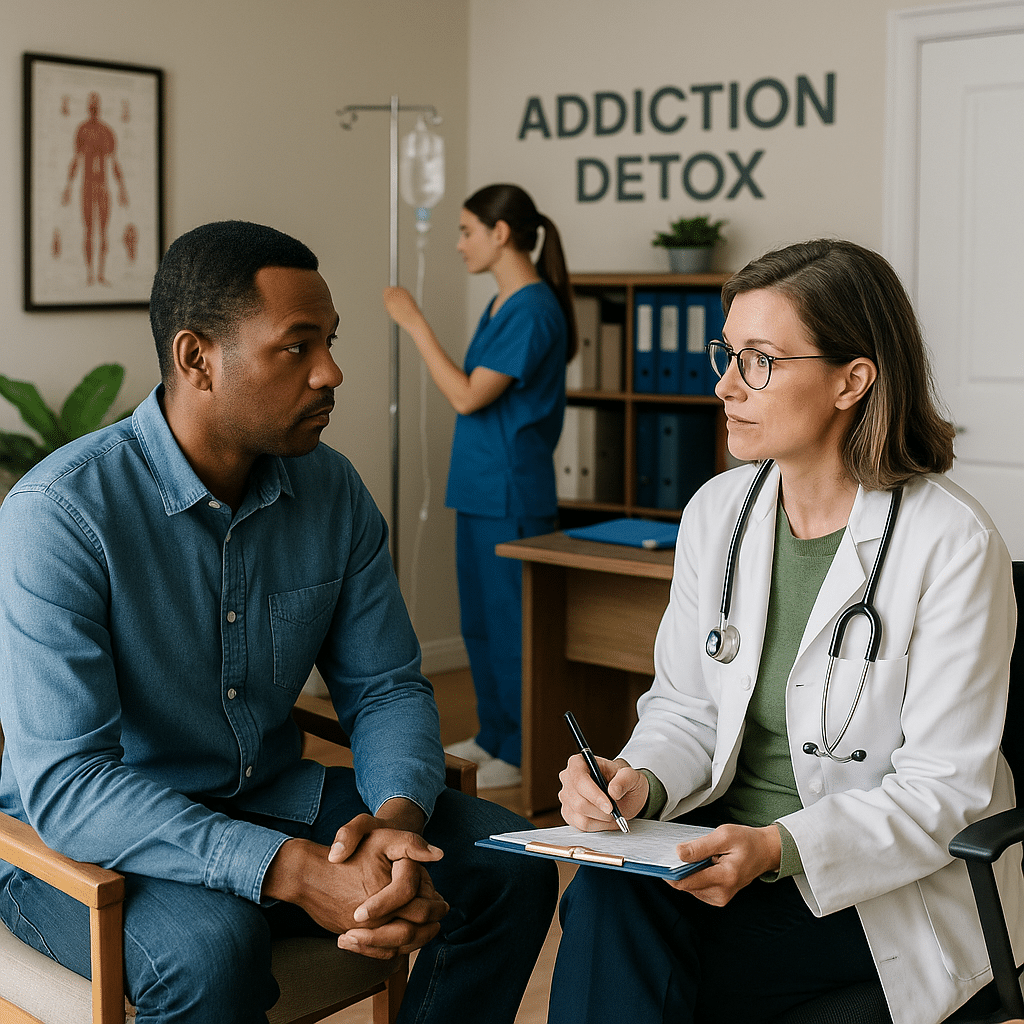
Residential Alcohol Treatment in San Antonio
Choosing the right level of alcohol treatment often comes down to safety, structure, and fit. In San Antonio, residential programs provide 24/7 support when you

Choosing the right level of alcohol treatment often comes down to safety, structure, and fit. In San Antonio, residential programs provide 24/7 support when you

People usually enter inpatient programs through a mix of referrals and self-directed search. Below are the routes most often described in research and public resources.

Addiction involves compulsive use, cravings, and loss of control. Antidepressants generally do not cause this pattern. People may, however, experience discontinuation symptoms (e.g., dizziness, insomnia,

Loneliness and social isolation are recognized public‑health issues. The U.S. Surgeon General notes that weak social connection is tied to higher risks of premature death,

For any inpatient or residential program, confirm licensure/accreditation, evidence‑based care, and support for co‑occurring mental health needs (dual diagnosis). When people search for luxury drug

Intensive Outpatient Program (IOP): Structured therapy several days a week while you live at home. For example, The Meadows Outpatient–Austin runs an 8‑week IOP with

Detox is the brief, medically supervised period that helps a person stop alcohol or drug use and reach medical stability. National guidance frames detox as

If you or someone close is considering alcohol detox in Austin, the safest place to begin is a medically supervised program. This guide explains how

If you or someone close to you is considering medical alcohol detox in Austin, it helps to know what safe, evidence‑based care looks like. Below

Austin is more than a vibrant music and tech hub—it’s also a city with a mature behavioral‑health ecosystem, including detox units, residential programs, partial hospitalization